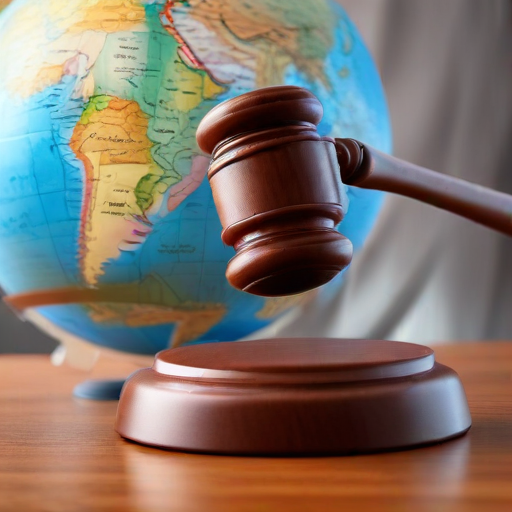The International Criminal Court (ICC) has issued arrest warrants for Israeli Prime Minister Benjamin Netanyahu, along with former defense minister Yoav Gallant, due to allegations of war crimes and crimes against humanity related to actions in the Gaza Strip. These charges include utilizing starvation as a method of warfare and committing murder, persecution, and other inhumane acts. The ICC’s chief prosecutor, Karim Khan, requested these warrants in May, prompting a strong response from U.S. President Joe Biden, who labeled the ICC’s actions as “outrageous” and reiterated the U.S.’s unwavering support for Israel.
Established in 1998 with the intent to provide a permanent court for prosecuting serious international crimes, the ICC is located in The Hague and operates under the Rome Statute. It has thus far addressed 32 cases and issued 59 arrest warrants. The court has jurisdiction over crimes against humanity, genocide, war crimes, and crimes of aggression. However, the ICC lacks its own enforcement body and relies on member states to execute these warrants.
Currently, both Netanyahu and Gallant can evade arrest in numerous Middle Eastern nations that are not party to the Rome Statute, such as Egypt and Saudi Arabia. Therefore, the likelihood of their arrest remains low. According to former ambassador David Scheffer, while these warrants send a significant message regarding the importance of international law and the protection of civilian rights, the actual enforcement of the warrants hinges on the cooperation of ICC member states.
Looking ahead, it appears improbable that Netanyahu and Gallant will face immediate legal consequences unless they willingly submit to the court or are apprehended in a member state. As the situation develops, the international community will be watching closely, emphasizing the need for accountability and adherence to humanitarian laws.
This situation underscores the ICC’s critical role in maintaining international legal standards, despite the challenges it faces with enforcement. While the political landscape remains complex, the issuance of such warrants reflects ongoing global efforts to address impunity and uphold justice for grave violations of human rights.
